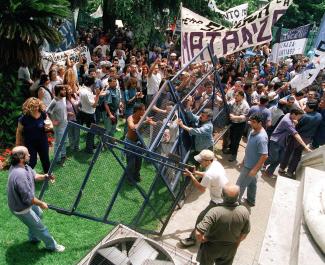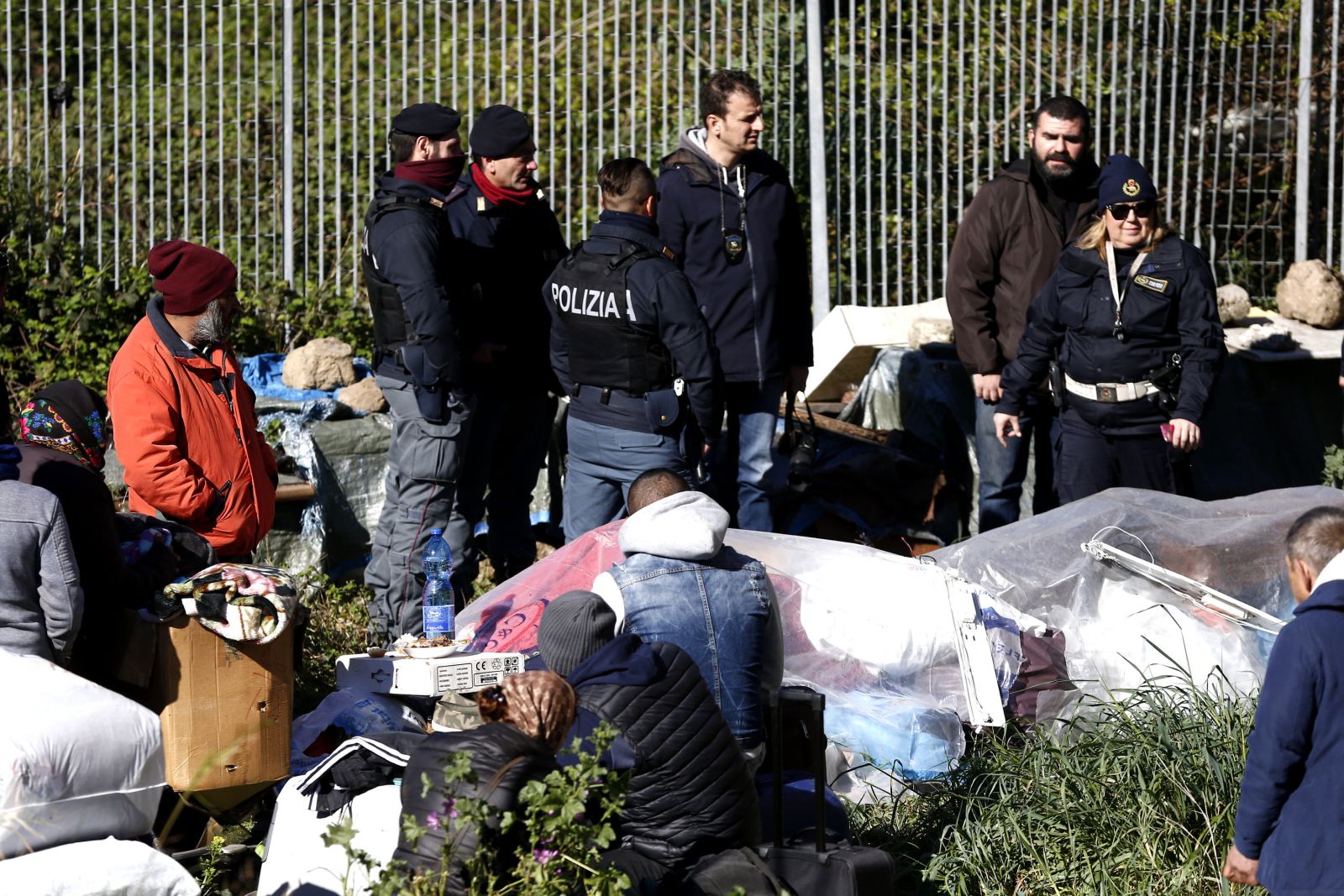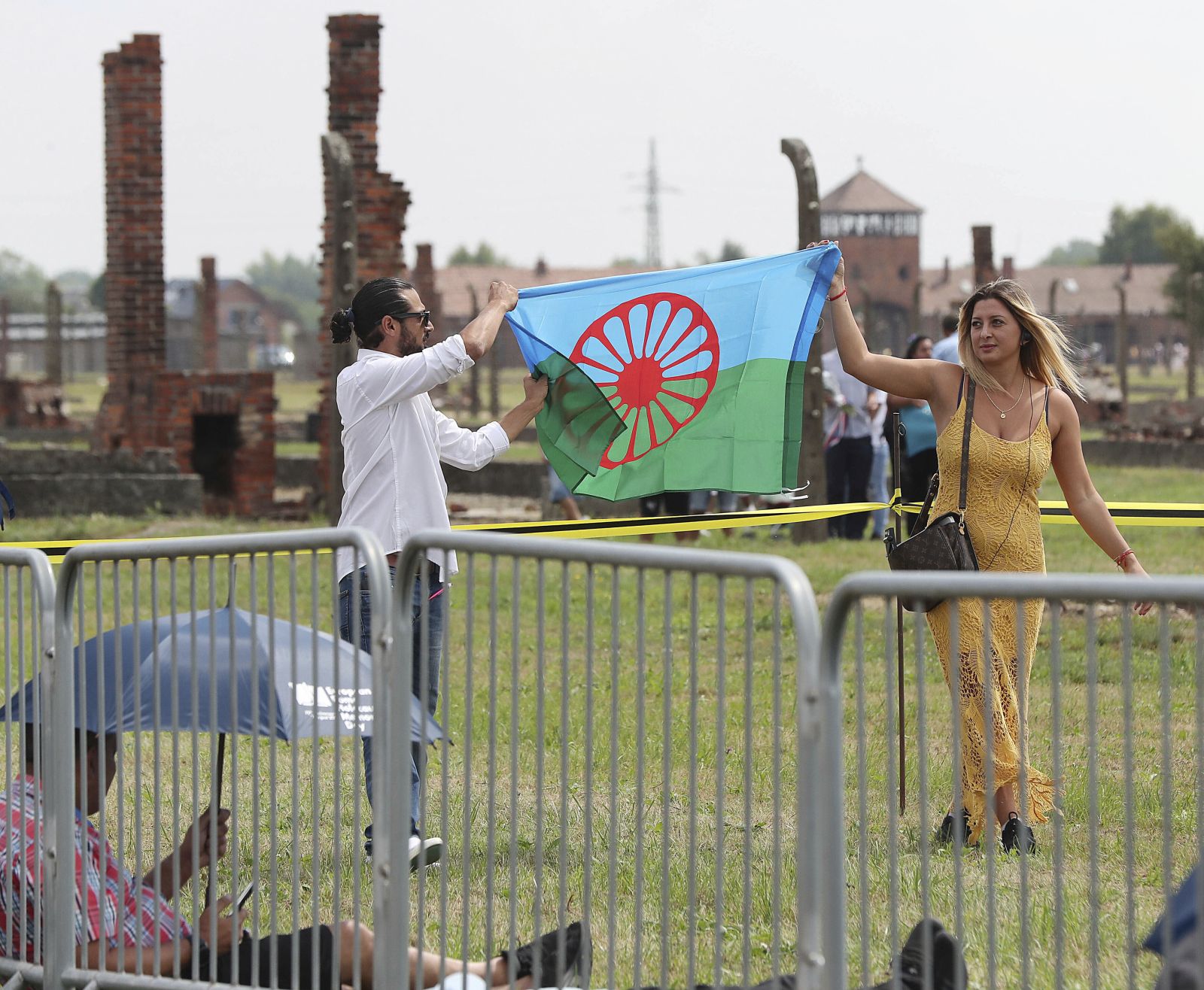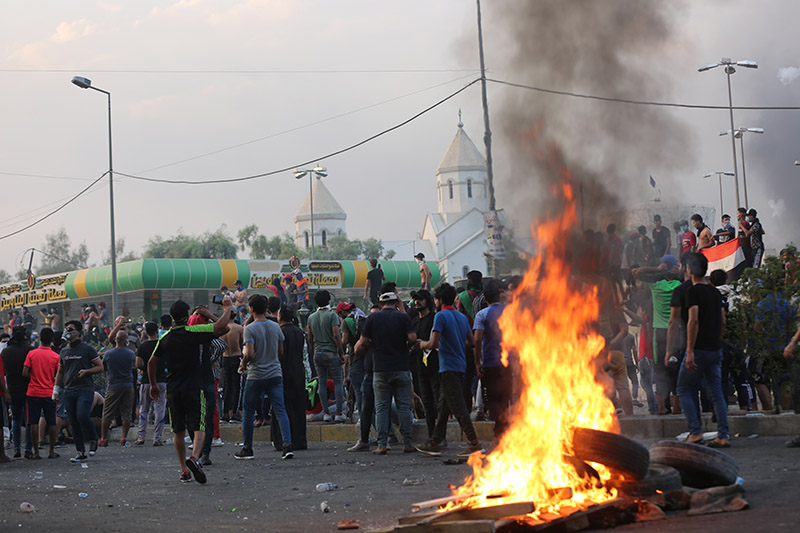Argentina
Direct democracy

At the turn of the millennium, Argentina experienced a severe recession (1998/99) and then the collapse of its financial system (2001/02). The debts of the country grew sky-high, and the government took stark measures. The bank accounts of companies and private households were frozen; millions of people lost their jobs. Within eight weeks in December 2001 and January 2002, four million persons – of a population of 33 million – dropped into poverty. In the capital Buenos Aires, the consequences were drastic. Entire families lost their livelihoods, and had to rummage through garbage for food. Unemployment rates rose enormously; in some cities, they exceeded 20 %.
The anger of the people exploded in – partly violent – protests. Impoverished people looted supermarkets and destroyed government buildings. Masses took to the streets. An impressive protest was the "cacerolazo" in December 2001. "Cacerola" means cooking pot. Tens of thousands marched in the streets, banging on empty pots. The deafening noise was the answer to the state of emergency, decreed by President Fernando De La Rúa. The government responded with harsh repression. People were killed daily.
New forms of organisation
In this extreme situation, a new sense of solidarity grew among the neighbours who met at the marches. People of all ages and social backgrounds assembled in the streets – youngsters, students, unemployed persons, workers, businessmen and pensioners.
The established social structure collapsed, but civil society recalled a classic form of direct democracy: the people’s assembly (asamblea popular). Citizens met in their neighbourhoods in order to discuss the political situation and organise protests against the government’s austerity measures. Meeting points were public spaces like neighbourhood parks or playing grounds. This way, public spaces that had not been used anymore came alive again. Popular assemblies were held in Buenos Aires, Santa Fe, Córdoba and other Argentinian cities.
Sixtyone-year-old Nora Faggioli, an activist of those times, recalls: "The assemblies were a consequence of the need to stay in the streets in the nights of the 19th and 20th of December 2001. We were reclaiming the public space." According to her, governmental violence and the state of emergency triggered the rise of the people’s assemblies.
The assemblies were supported by a broad social stratum. The middle class joined hands with the movement of the unemployed (movimiento de desocupados) as well as with workers in occupied factories. This socio-political phenomenon was summarised in the slogan "piquete, cacerola, la lucha es una sóla" (barricades or cooking pots, it is all one fight), referring to different ways of protesting. The middle classes organised demonstrations where the people banged on empty cooking pots, and the unemployed built barricades, manning them and holding up posters.
Christian Castillo, a professor of sociology at the University of Buenos Aires, says the mobilised masses were rebelling against a political and social system, which – due to the neoliberal economic policy – had caused mass unemployment. A popular slogan was: "All (politicians) should go, not one should stay!"
Tackling urgent issues
The popular assemblies raised clear political demands. They were in favour of reforms that would allow people to impeach members of the government and the legislature. They demanded higher budgets for education, health care and pensions as well as the creation of new jobs. They wanted privatised public enterprises to be re-nationalised, and the servicing of Argentina’s foreign debt to stop.
A central goal of the people’s assemblies was to be independent of the state. At the local level, they took over functions which the municipal authorities weren’t fulfilling anymore. To help fellow citizens in need, they started soup kitchens, sometimes in cooperation with organisations of the unemployed. Such activities were funded with donations. Food cooperatives, community-run vegetable gardens and flea markets also proved useful.
The popular assemblies took care of many problems and grievances. They organised protests against the huge rate hikes enforced by the electricity and water boards. They rallied against the power cuts that affected citizens who couldn’t pay their bills. Health care was another concern.
Regarding the issue of real estate speculation, commissions were formed which made public whenever the government wanted to privatise public property. Indeed, the activists prevented that parts of railway land, coastal areas and the parks of Buenos Aires were sold. At the same time, they supported squatters and cooperatives which were threatened with forced evictions.
On top of that, the assemblies offered cultural programmes of self-improvement: workshops, lectures or support for school homework. Some assemblies had press circles, issued alternative newspapers or produced radio programmes. In 2002, the year of crisis, assemblies also took care of garbage scavengers in the city, helping them to start cooperatives.
The constitution of the city of Buenos Aires provided legitimacy to the direct-democracy activists. Passed in 1996, it demanded that power be devolved to neighbourhood "communes". Activists, moreover, developed an even more advanced model of direct democracy, demanding that popular assemblies get jurisdiction over public expenditures. For this purpose, commissions would be elected by neighbourhoods, and their mandate would be revocable at any moment.
In Greater Buenos Aires alone, there were approximately 120 people’s assemblies - and some 300 in the entire country. The movement reached its peak with the foundation of the "Interbarrial de Asambleas", a national assembly of people’s assemblies. On 17 March 2002, it met on the big square in front of the president’s residence in Buenos Aires. Some 10,000 delegates from all over Argentina took part. They had been elected in direct democratic procedures. Afterwards, however, no more mass rallies and networking took place. Under the new government of President Néstor Kirchner, the economic and political situation stabilised bit by bit in 2003, and the direct democracy movement declined.
Lasting legacy
President Kirchner incorporated many demands of the protest movement in his agenda. After a while, the people’s assemblies disbanded or focussed on issues of local relevance. Many of the new social organisations, political groups, cultural centres and small enterprises continue to operate however.
In constitutional terms, de-centralised, local involvement in decision-making became real. In 2005, the municipal government of Buenos Aires initiated
a political reform and established 15 "communes" (comunas). Since 2011, each of these administrative areas elects a council (junta) of seven representatives. The duties of the communes include the maintenance of parks and side streets. They broker citizens’ demands and mediate in cases of conflict. The members of the Juntas Comunales can be recalled from public office by popular vote at any time, which is another progressive legacy of the protest movement.
Social commitment
Independently of the communes, some of the popular assemblies that were started in 2002 still exist. They are active in different ways. The Asamblea de Flores considers itself an independent social and political organisation. It has occupied abandoned real estate in the Flores neighbourhood of Buenos Aires, where it has started a soup kitchen for the poor and established a health centre, which is affiliated to the Hospital Álvarez.
In addition, the Asamblea de Flores has founded various small enterprises – including a bakery, a tailor shop and a repair shop. The idea is to generate incomes for unemployed people. In 2004, the Asamblea opened a kindergarden which is supported by parents and teachers in equal parts. Moreover, it offers school tutoring for pupils. In 2005, it started a housing cooperative called "Casa social de Flores".
The Asamblea Popular Plaza Dorrego came into being in the San Telmo neighbourhood of the historic part of Buenos Aires at the end of 2001. To this day, it manages to open spaces for participation in its area. It has also founded a number of micro-businesses and organises frequent workshops.
Another well-known assembly is the Asamblea Parque Avellaneda. Its aim is to create decent jobs. For this purpose, the members founded the cooperative "20 de Diciembre", which has been registered officially. The cooperative has its own brand, „No Chains", for marketing handicrafts, including textile products and ceramics. It has joined a network with Thai and Filipino cooperatives.
Generally speaking, there has recently been a trend of protests becoming more common in the periphery than in the metropolitan areas, especially among environmentalists in rural areas. They fight soy monocultures, environmental destruction in surface mining and the depletion of water resources.
In Argentina, the crisis of 2001 has tapped a great potential for direct democracy and popular participation in decision making. The popular assemblies and their ideas are still alive in people’s minds. They know that grassroots activism can achieve a lot.
Sebastián Vargas is a journalist and lives in Buenos Aires.
zevu.vargas@gmail.com











